Chemical process industry is the backbone of modern manufacturing, playing a crucial role in producing essential goods ranging from pharmaceuticals to food additives. This industry encompasses complex chemical reactions and engineering processes to transform raw materials into valuable products. However, ensuring safety, efficiency, and environmental compliance remains a challenge
What is chemical processing?
Chemical processing is a method of altering a compound. Chemical processing is done to change the chemical structure of raw (bulk) materials in order to obtain products that are valuable to other industries/daily life.
Chemical process industry is where raw (bulk) materials are chemically transformed in the process of being processed into finished products or products of value to other industries. The chemical processing industry includes manufacturing facilities whose products are derived from
- Organic or inorganic materials or chemical reactions between the two
- The separation or purification of natural products, extraction, with or without the aid of chemical reactions
- Preparation of mixtures of materials of a particular formulation, whether natural or synthetic
When your plant wants to produce polymers, petrochemicals or fragrances, these compounds are produced through chemical processing. In chemical processing, raw materials are chemically transformed into finished products. Chemical processing can take place in a variety of ways. For example, chemical reactions may be generated by inorganic or organic materials. Chemical process definition = Method or change of one or more chemicals or compounds. The process can occur on its own or be caused by an external force and involve a chemical reaction.
The separation of natural products may also be carried out with or without the help of chemical reactions. A third alternative to chemical processing involves the preparation of formulated mixtures of different substances, which may be synthetic or natural. The purpose of this process is to ensure that other industries receive products that are useful or valuable to their operations.
In addition to the products mentioned earlier, other items such as rubber, ceramics, explosives and spices can also be made through chemical processing. Keep in mind that the chemical processing industry is very demanding on both workers and equipment. Most chemical processing facilities use specialized equipment in the manufacturing process. This equipment is capable of withstanding harsh operating conditions.
However, the nature of chemical processing creates extreme conditions in the facility. Because of these conditions, any equipment in the facility must be able to withstand a significant amount of stress, corrosion, heat and pressure. Workers must also cope with these conditions, which means they need to be equipped with the proper clothing and must have the necessary training and expertise to perform chemical processing tasks without problems. This article provides a detailed look at the chemical processing industry and its impact.
Safety of chemical processes
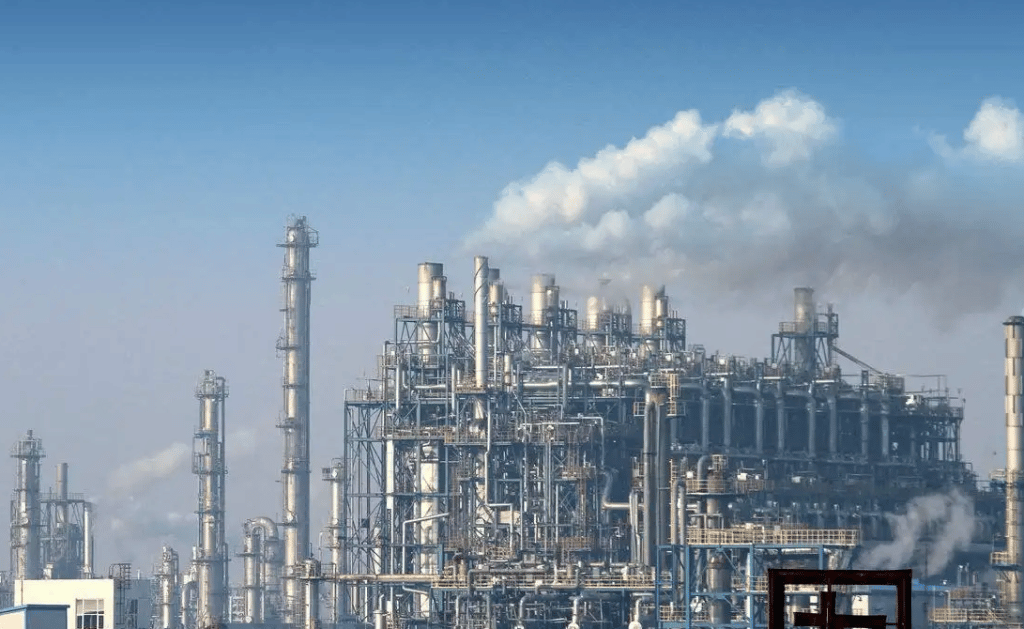
Despite the need for chemical treatment, the industry has some obvious safety issues that everyone in the facility must be able to handle properly. On the one hand, the use of heavy machinery means that workers must consider a range of different mechanical hazards, all of which can lead to serious injury. Workers must also deal with many chemical hazards, including
- Fire hazards
- Explosion hazards
- Toxic hazards
- Reactivity hazards
The safety procedures required for chemical processing facilities depend on the complexity of the chemical process being performed. More complex processes always require more stringent safety procedures. Any chemical process engineer working in a plant must have a complete understanding of how to safely perform the various processes.
In any industrial facility that relies on chemical processes, chemical process safety has become very important. The exact safety procedures used in each facility depend on which chemicals or materials the workers are handling. For example, workers may be responsible for handling powders and various bulk solids. In this case, each facility operator must be properly trained. It is also important that anyone who comes into contact with powder handling equipment has received some training.
It is important to understand that the processing and handling of dust and dry materials has obvious toxicity, fire and explosion hazards. Even if materials are inert when in solidified form, they can become very hazardous once converted to granules or powder. Any powder handling equipment used in a chemical processing facility must be capable of removing the 13 possible sources of ignition present with the dry material.
What do chemical process operators do?
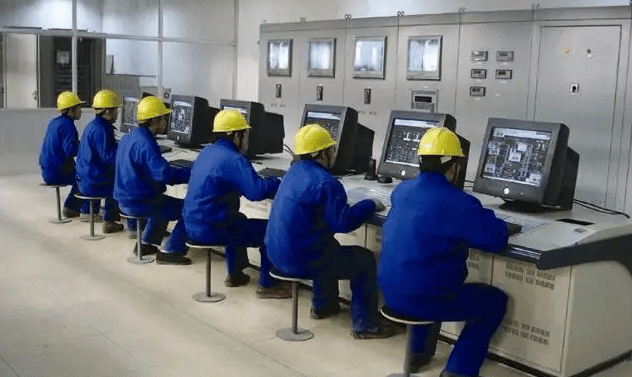
Chemical Process Operators are tasked with managing chemical mixing, packaging, and processing operations throughout the chemical processing facility. These individuals must monitor panel lights, recording instruments, and flow meters. While monitoring these instruments, Chemical Process Operators are required to listen for any warning signals that indicate potential hazards or problems.
During a typical workday, the chemical process operator will adjust different control settings that affect yield, quality or chemical reaction rates. They are directly responsible for transferring chemicals through storage and processing areas, which is done via tanks and conveyors. All operators are required to comply with safety procedures, environmental policies and organizational rules. If any problems arise during the transport of the product, the operators are responsible for researching and solving the problem so that it can be properly resolved.
While there are some similarities between chemical process operators and chemical process engineers, you may also need to be aware of some key differences. For example, chemical process engineers are primarily responsible for designing chemical process equipment and plants as well as creating new industrial processes. While chemical process engineers are tasked with implementing the technologies they develop in chemical processing facilities, many of their job duties occur in a laboratory setting. Although similar in name, chemical process engineers are very different from chemical process operators.
Chemical industry
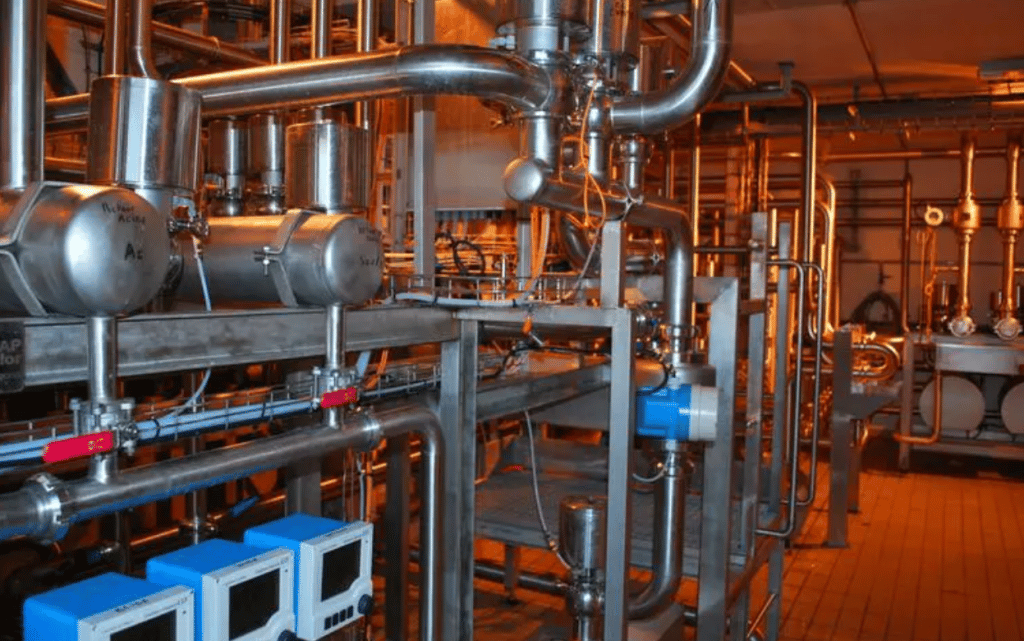
The chemical processing industry is able to produce a variety of products by combining two or more chemicals together to create a reaction. Finished products can be found in virtually every market and industry, including automobiles, aircraft, apparel, healthcare, computers, food, and pharmaceuticals. While chemical processing facilities are the primary facilities for forming compounds that can be used in a variety of products, all industries benefit from the work that is done in processing facilities. There are four different categories of process chemicals you should be aware of, including base chemicals, specialty chemicals, consumer chemicals and bio-based chemicals.
Basic chemicals can include petrochemicals, polymers, and basic organics. Petrochemicals are derived from petroleum and can include ethylene and methanol. Some polymers include polyamides, polyethylene and polycarbonates. Basic organics commonly used in various industries include chlorine, sulfuric acid, and hydrochloric acid. Some examples of specialty chemicals include adhesives, construction chemicals, agrochemicals, and flame retardants.
People tend to use large quantities of consumer chemicals in their homes and yards. These chemicals extend primarily to alcohols, paints, cosmetics, herbicides, pesticides, foods, cleaners, and glues. Bio-based chemicals are relatively new and include mainly ethanol polysaccharides, furandicarboxylic acids, polylactic acid, and bioaromatics.
The economic impact of the chemical processing industry
The chemical processing industry can have a significant impact on the economy. Chemical processing and production continues to expand. However, the geographic distribution of these expansions has been somewhat uneven. While highly developed countries were once the focal point of the chemical processing industry, the industry is experiencing greater expansion in developing countries. In these countries, chemical processing is necessary because of the growing demand for additional domestic production. The growth of chemical processing also depends on a country’s proximity to raw materials and end markets.
The global chemical processing industry is large, capable of growing to a value of more than $6 trillion by 2021. By 2050, the industry is expected to grow by another 3.5%. However, as noted earlier, this growth varies by location. Africa, South America and Asia are expected to grow at about 5-8% per year. On the other hand, North America, Japan, and Europe are expected to grow at only about 1-3% per year. Developing countries will account for more than 35% of global chemical production and global chemical consumption by 2021.
Health effects of the chemical processing industry
The chemical processing industry also has a significant impact on health, and you should be aware of this. For example, chemical processing requires raw materials to make different products. The limited availability of raw materials means that the chemical processing industry’s consumption of these materials increases their overall scarcity.
It is well known that the manufacture and transport of chemicals can have adverse effects on public health and the local environment if the right precautions are not taken. Environmental emissions alone can also cause health problems for local wildlife. Although chemical processing facilities produce products that are vital to people’s daily lives, the inherent nature of the chemical processing industry means that public health can be at risk.
It is believed that the only way for countries to properly address the chemical processing industry is to incorporate the means for sound management of chemicals into their social and economic development priorities. It is important to understand that the release of toxic chemicals can be extremely damaging to the local environment and can create public health problems miles away from the primary site of the release.
Over the past two decades, a growing number of environmental laws and regulations have been put in place to ensure that the industry operates cleaner facilities and takes the time to implement policies to reduce chemical releases. In recent years, there has also been an increase in public demand for protection from chemical hazards. These demands will likely eventually lead to stricter guidelines from the EPA and other regulatory agencies that the chemical processing industry must follow.
The chemical processing industry is important to other industries as well as to people’s daily lives. A range of useful products can be created through the chemical processing industry. Every facility operating in this industry must take steps to ensure proper worker safety and proper handling of equipment. Without these procedures and precautions, hazardous situations may increase.
Water quality monitoring in the chemical industry
Chemical companies often use and produce a large amount of industrial water and wastewater in the production process, and water quality analysis is mainly to monitor and determine the types of pollutants in the water body, the concentration of various pollutants and the trend of change, so as to achieve the purpose of monitoring production, emergency monitoring and discharge standards.
The main content of industrial water testing is the content of various types of heavy metals (total cadmium, total nickel, total copper, etc.), as well as total phosphorus, total nitrogen, chemical oxygen demand (COD), biochemical oxygen demand (BOD), PH value, hardness, suspended solids, free CO2, erosive CO2, oxygen consumption, hydrogen sulfide, total dissolved solids and other water quality parameters, and physical and chemical property analysis, including odor, taste, color, turbidity etc.
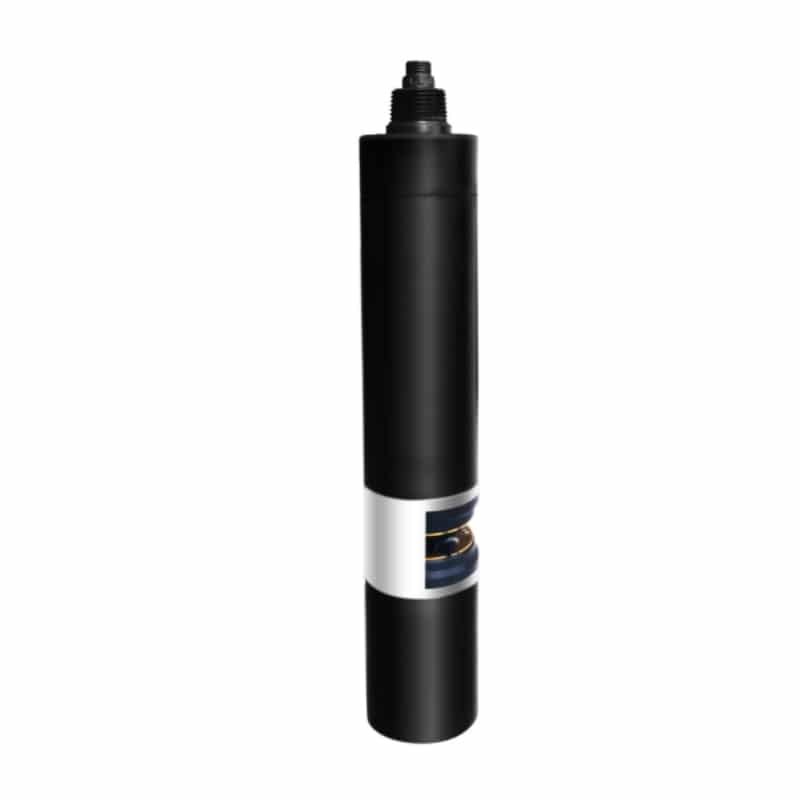

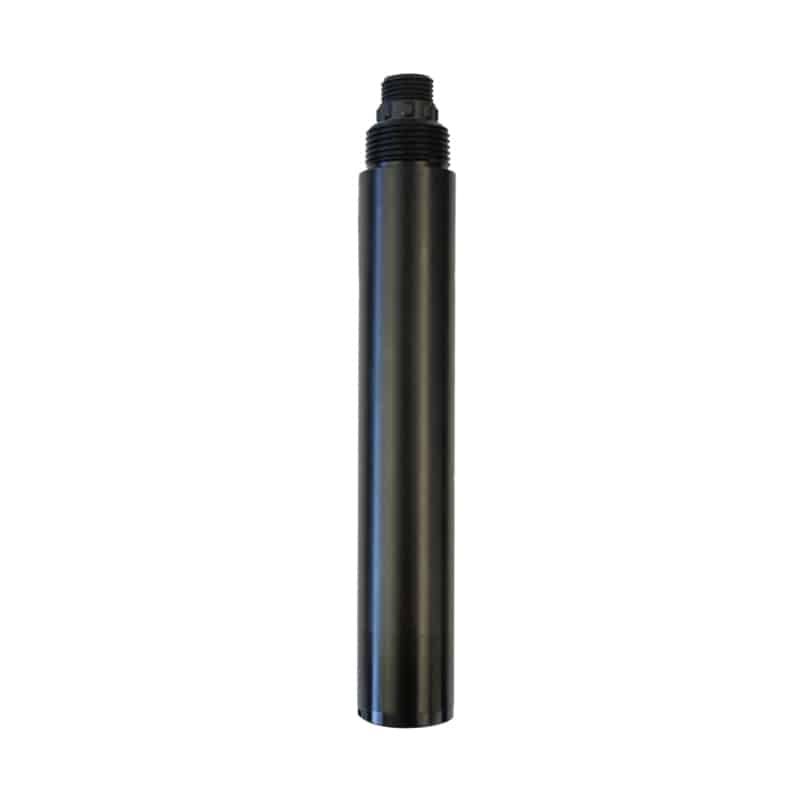

Strengthening the monitoring of industrial wastewater discharge is of great importance to the energy saving and emission reduction of enterprises and the reduction of industrial water pollution. If you need industrial water quality monitoring products or integrated solutions, welcome to contact us!
Summary
The chemical process industry plays a crucial role in modern society, providing essential products while facing challenges in safety, environmental protection, and efficiency. As technology advances, innovations such as automated monitoring systems and sustainable production methods will continue to shape the future of the industry. To stay updated on the latest developments in chemical process monitoring, explore Apure’s range of water quality sensors and solutions.
Apure offers a wide range of water quality monitoring analyzers, flow measurement instruments and level measurement instruments, temperature and pressure measurement instruments. Please contact us for more information.
Extended reading:
Why is water quality important?
What Is Municipal Water?
Distilled Water vs Purified Water: What’s The Difference?
Types of level measurement transmitters
